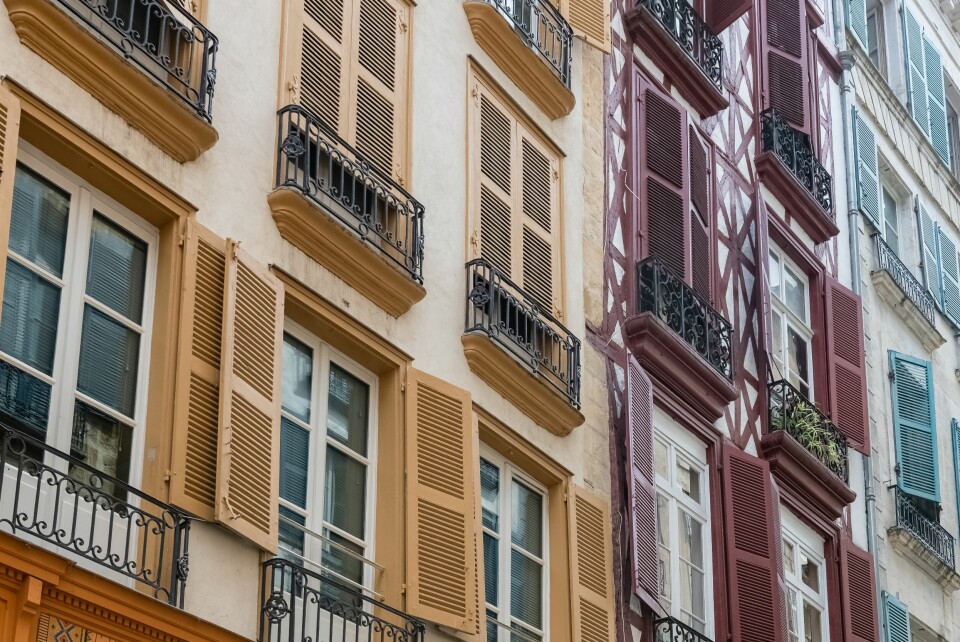-
New law enables French tax authorities to monitor (some) social media activity
The measure is designed to detect signs of tax fraud
-
How do tax credits work for hiring a gardener in France?
Some homeowners can benefit from a 50% tax credit on gardening work
-
Is French wealth tax when leaving France pro-rata?
Tax rates may be different depending on assets held abroad
France plans measure to increase taxes on many empty and second homes
The 2023 budget includes steps to increase taxes on vacant properties and make it easier for local authorities to impose higher rates on second homes

The owners of vacant properties and second homes in many parts of France will likely soon see their tax bills increase as a result of measures outlined in the government’s 2023 budget.
Read also: No confidence motion after French government forces through new budget
Read more: Explained: How France’s new budget will affect French residents
Vacant properties
For empty homes, the existing taxe sur les logements vacants is expected to rise from 12.5% to 17% in the first year of payment, and then 25% to 34% after that.
Taxe sur les logements vacants is only applicable in zones tendues – regions experiencing housing shortages – and where the property has been empty for a year or more.
This change was introduced to the budget bill through an amendment presented by Renaissance MP Jean-René Cazeneuve.
The budget also includes a measure proposed by MP Xavier Roseren, which will expand the area covered by zones tendues.
A zone tendue is currently defined as an urban area of more than 50,000 people where access to housing is difficult, but the budget looks to extend this to smaller towns and to measure strain on the housing market by the cost of buying and renting a property, as well as the proportion of second homes in the area.
This is designed to benefit rural communities on the coast or in the mountains for example, which do not have a large population but which are very popular tourist destinations and therefore have a lot of empty second homes.
A new list of zones tendues will be outlined in a government decree; it is likely to include 5,000 communes, as opposed to the current 1,000.
In this way, the state will seek to put pressure on the owners of empty properties, encouraging them to sell up in order to reduce the strain on the housing market in these areas.
Second homes
Changes to the definition of a zone tendue also mean that local authorities which were not previously classed as being within such an area will now be able to apply a surtaxe d’habitation to second homes in their district.
Taxe d’habitation (occupancy tax) is gradually being phased out for all main residences, none of which will pay it in 2023.
However, the tax remains in place for all second homes, and in zones tendues a surcharge of five to 60% can be imposed if decided by the local council.
As a result of the budget, this surtaxe will potentially be applicable over a wider area.
The Budget bill, including the new amendments, has been pushed through the Assemblée nationale and has yet to be debated and voted on by the Senate before it comes back to the MPs for a final vote before the end of the year.
It is not yet certain, therefore, that it will go through in its current form. However, the government used a special measure (limited to certain kinds of legislation, including budget bills) to force the bill through the Assemblée, and could, in theory, call on this again at the second stage.
Read also: French second homes: taxe d’habitation rates continue to rise
Read also: Marseille joins other French cities to impose maximum second home tax
This comes as local residents continue to protest against the growing number of second homes in regions including the Pays Basque and Brittany.
Read more: Two Brittany houses sprayed with anti second-home graffiti
Related articles
Second home protesters in Pays Basque attack minister's home
Protests against second homes in Brittany as housing debate continues
Second-home protests in Brittany: 'But we buy homes French don't want'























